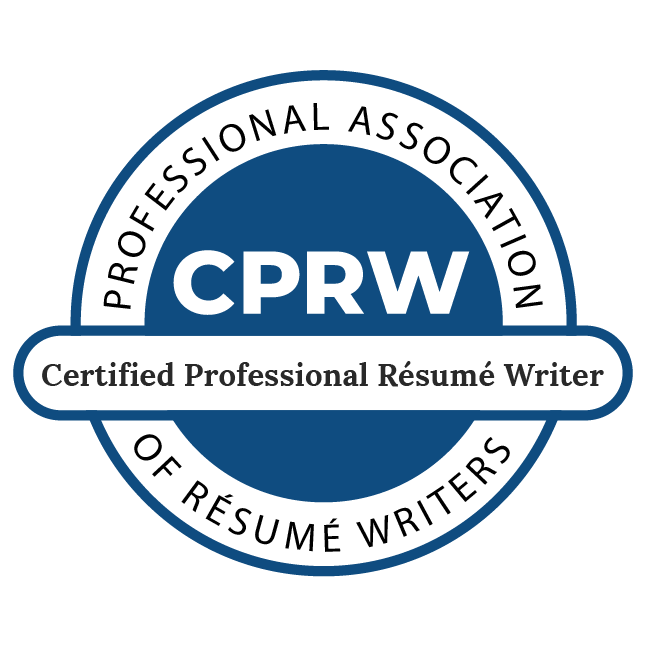Katherine Miller is an executive health coach and master plant-powered chef with a passion for women’s wellness. Her coaching practice, Mbodied Women, focuses on empowering women to take control of their lives and cultivate a strong, vital body and brain for the journey into aging.
When I saw that Katherine specializes in working with perimenopausal and menopausal women, I was intrigued. What a fascinating–and under-addressed–demographic!
Katherine says that women their 40s, 50s, and beyond face challenges to balance their competing demands and maintain their health and energy during this transformative time of life.
Katherine sees the perimenopausal/menopausal years as a time of reinvention where women who have often been absorbed with family or work commitments can pause, take stock, and evaluate the kind of lives they want to lead.
Unfortunately, it’s also a time when health problems due to burn-out also creep up. Women often become entangled in a web of responsibilities. It becomes difficult to stop even for a moment when women feel that if they drop the ball they’ll be letting someone down.
And of course, women are constantly picking up more balls and taking on more responsibilities in an endless cycle that leads to poor health and lower quality of life. Finally, women’s bodies protest–and the result can be migraines, chronic illness, brain fog, or fatigue.
Katherine recommends taking a simple self-assessment to evaluate if you’re on the right track or if your life responsibilities need to be rebalanced.
For each of your obligations—at work, at home, with your friends, or in your community—ask yourself this powerful question:
Is this really how I want to be living my life?
➞ If the answer is Yes!
If you realize it would honestly make you sad to not be doing a certain task, then by all means continue!
But if you’re realizing you don’t have enough energy to sustain your schedule and are facing burn-out, it’s time to identify what self-care is being neglected. What can you put in place that will give you greater energy and improve your stamina? Maybe it’s prioritizing exercise. Maybe it’s adjusting your diet to introduce more health-giving foods. Maybe it’s asking for additional support from the people around you.
➞ If the answer is No.
If you don’t love what you’re doing and you’re over-committed for the wrong reasons, then your work isn’t feeding you–it’s draining you.
That means it’s time to begin the process of taking back control of your commitments. The world isn’t going to end if you’re not on the board of every charitable organization in town or if you don’t bring treats to every event. A search for validation and self-esteem often drives the need to prove your value through ever more commitments, but it’s an endless trap that doesn’t serve your long-term happiness or health.
A robotic drive to do more is an inhumane way of living our lives. One essential part of self-care is figuring out how to live the kind of life you want to live. In other words, asking the question, “What am I here to do?”
If you’re interested in learning more about self-care, stress management, life balance, and healthy living, check out Katherine’s blog.

